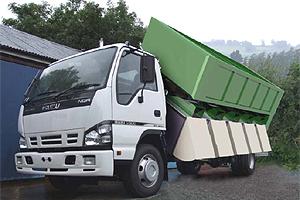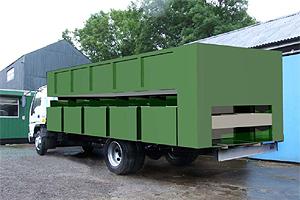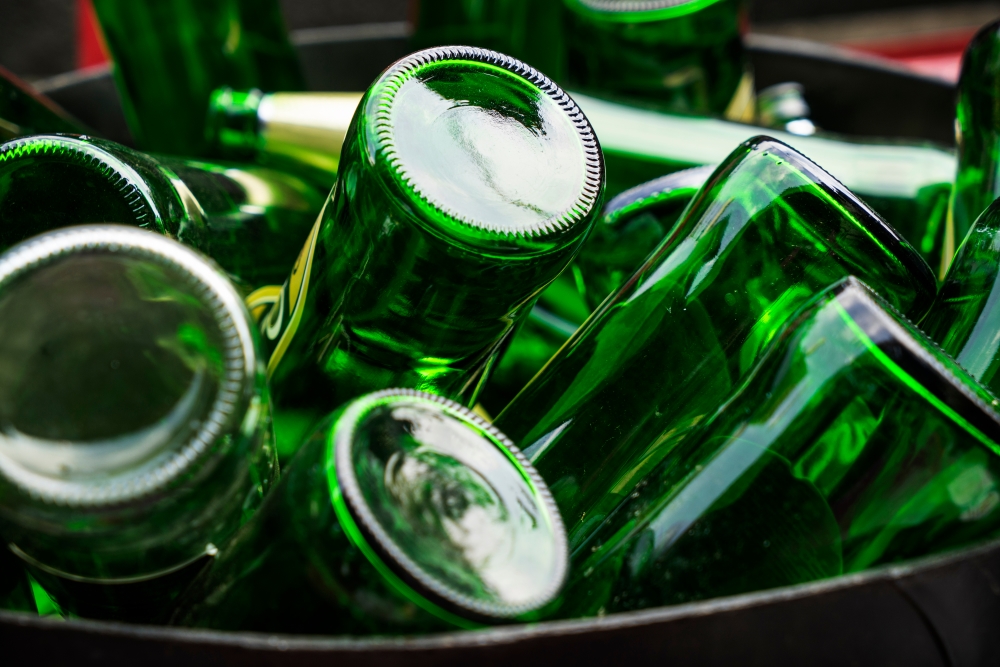The “ROTO25” vehicles are being designed as part of the Waste & Resources Action Programme's £200,000 project to optimise and increase the collections of dry recyclables (see letsrecycle.com story).

The prototypes include a vehicle designed for the kerbside sorting of dry recyclables as well as a vehicle designed specifically for food waste collections. Its developers believe the new vehicles will prove cost effective because of their low maintenance, lightweight bodies and modular designs.
Designs
The delay to the ROTO25 project has come because the designs of the vehicles are being altered to take into account feedback from industry. The vehicle's designers are to meet with WRAP this week to put forward the final designs for the dry recyclable vehicle prototype.
Ewan MacPherson, technical director at Powys-based Ethical Innovatory Solutions, the company designing the vehicles, explained that the food waste vehicle was still going through the design process, and that trials for the vehicle are unlikely to begin until next year.
However, Mr MacPherson said the vehicle would be “an impressive piece of kit”. He said: “We are looking at a particular design which is very simple and very efficient and has anything up to an eight cubic meter capacity.”
After the trials, the local authorities involved will be asked for their thoughts in order to finalise the design.
WRAP was unable to confirm which local authorities were involved at this stage.
NQR Isuzu
Both the dry recyclable vehicle and the food waste vehicle will be based on the 7.5 tonne, NQR Isuzu chassis cab, with the food waste vehicle featuring a bin lift and open chute system.
The dry recycling vehicle will be able to hold 10 cubic metres of plastic, three cubic metres of paper and four cubic metres of glass.
Its designers said the vehicle design would be flexible with loading carried out with nearside, offside or both-side loading on the same vehicle without any modification, helping operators to increase the efficiency of their collections for a variety of route types
Mr MacPherson explained that the reason the company chose the NQR Isuzu was because of its low chasis height, reliability record and low cost.
The final stage of the project will be a completely documented report of the scoping study, two fully tested vehicles, complete instructions to enable any competent manufacturer to build the vehicles, and any necessary end user guidance in respect of the use, servicing and parts sourcing for the vehicles.
Cost
Local authorities and recycling organisations will then be able to purchase the Isuzu chassis for under £50,000. This will include the cab with room for a driver and two people, air suspension, automatic gearbox and a complete body for dry recyclables.
The vehicle will take anything from four to eight weeks to build, but Mr MacPherson said the company was working on reducing this timescale.
He said that so far, local authorities that have seen the design have given good feedback about the concept. “The main question we have had is 'when can we have it?'” he said.











Subscribe for free